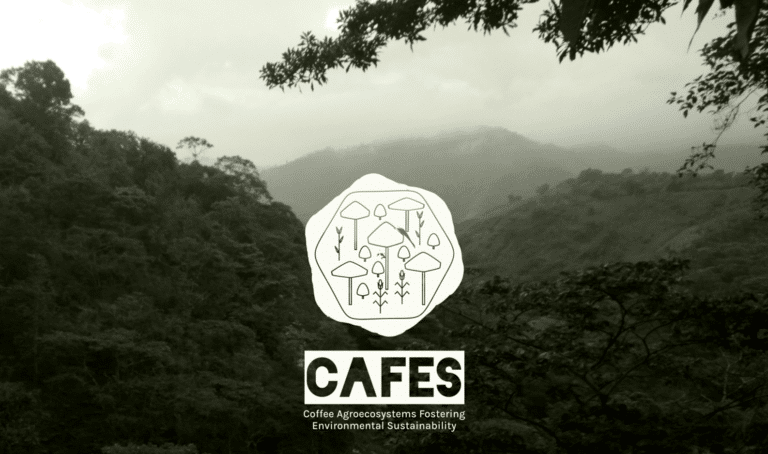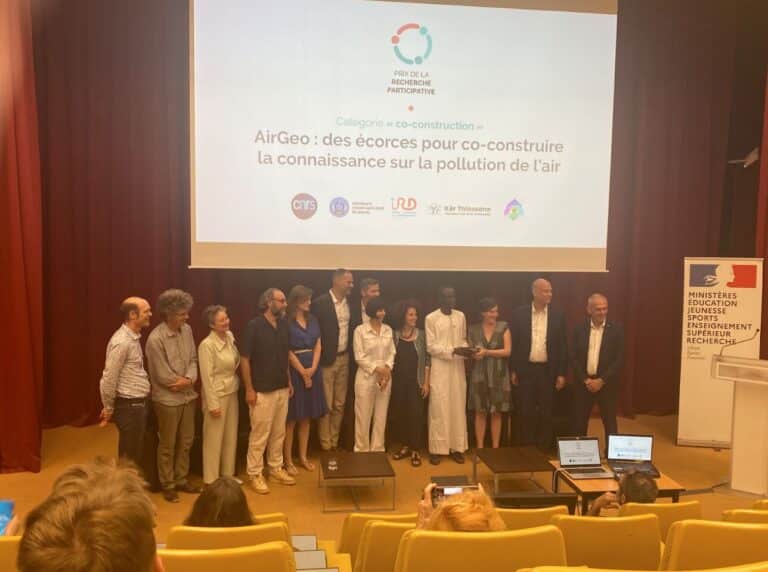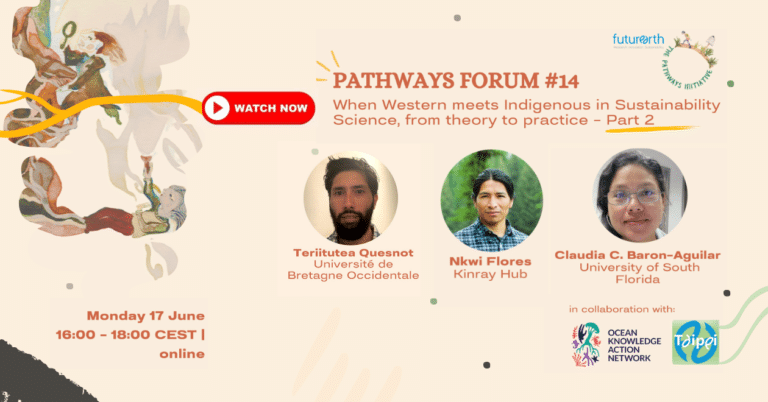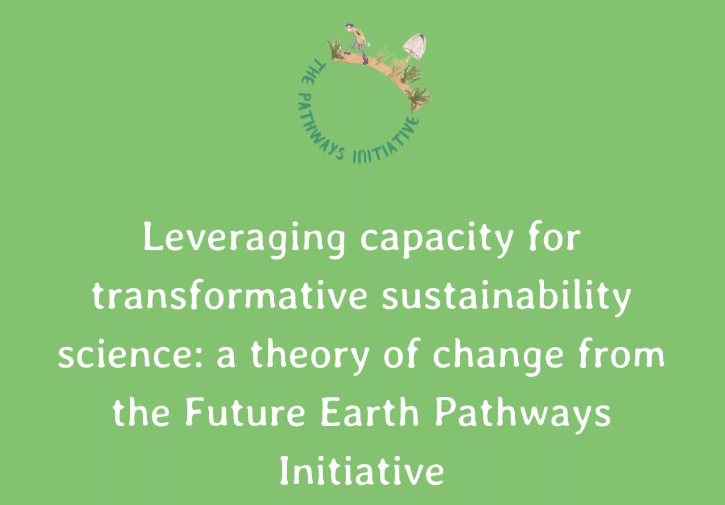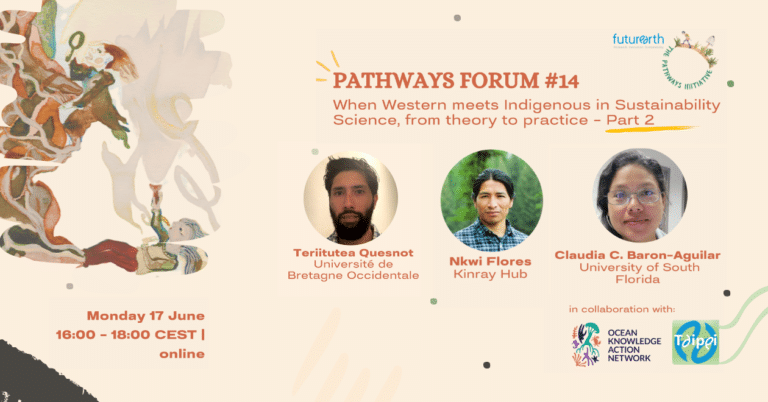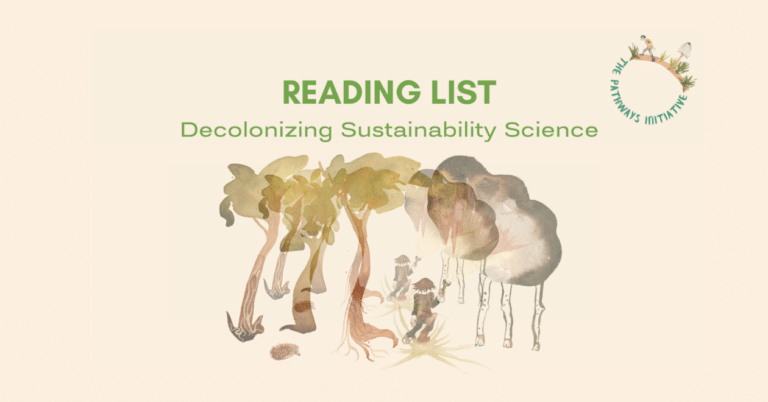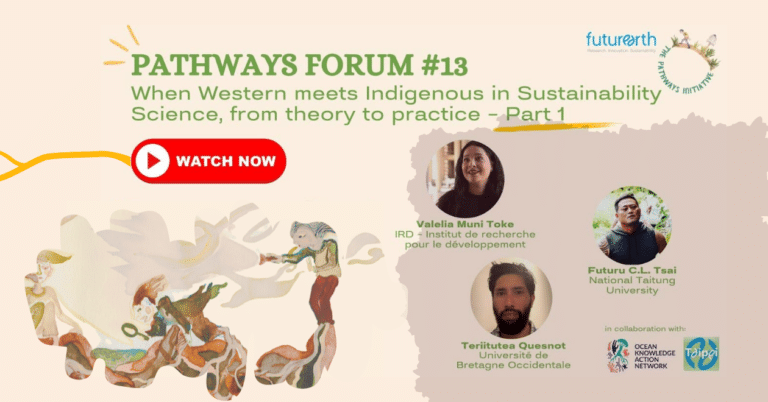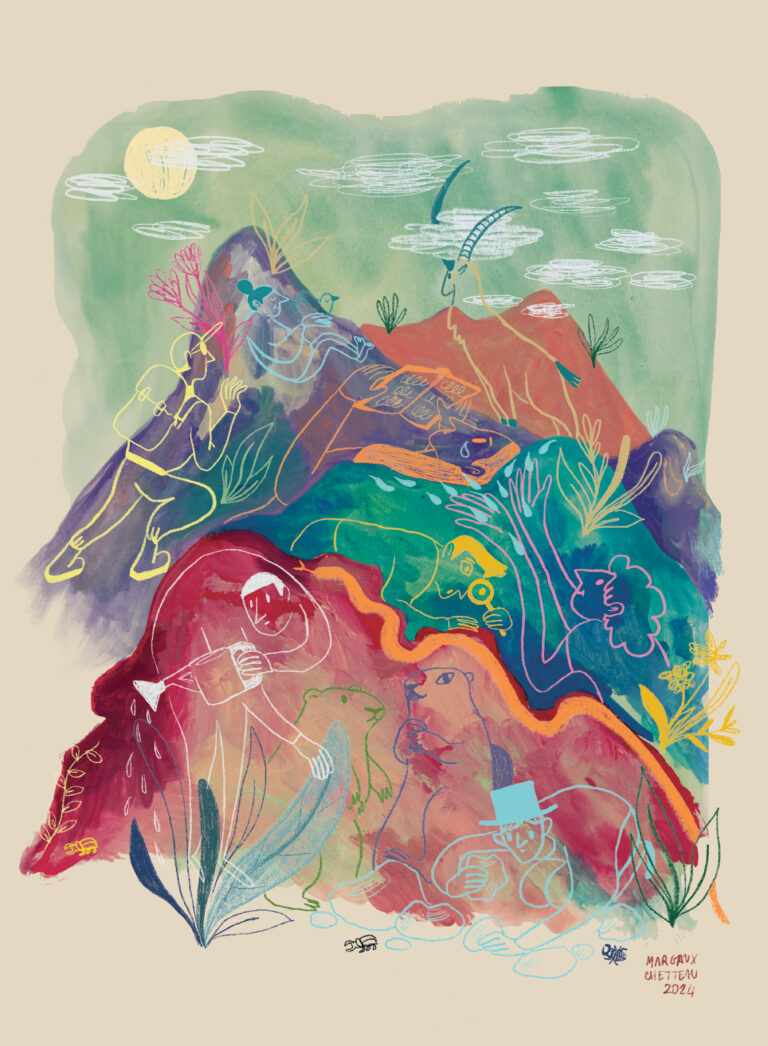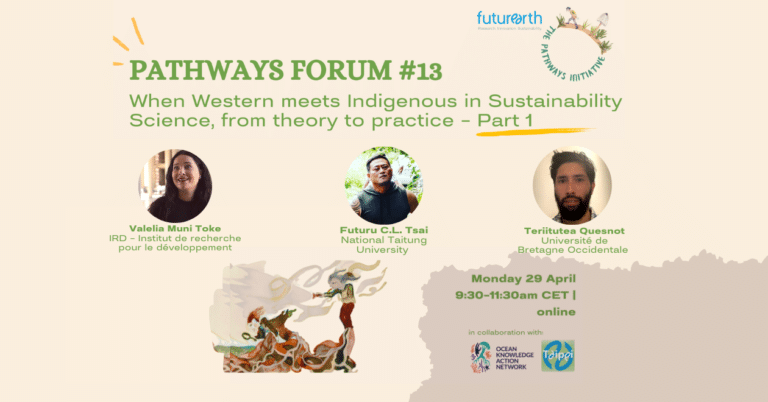Earlier this month, twenty experts from diverse sectors met in a two-day virtual workshop to co-design pathways for sustainable land use in France. This workshop was the third out of a series of pilot workshops (building on the achievements of the two previous Pathways workshops on freshwater and biodiversity in 2019) for the Science-Based Pathways Initiative.
The workshop was organized by Future Earth and the French National Centre for Scientific Research (CNRS) in collaboration with a Science Committee that included members from the French Agricultural Research Centre for International Development (CIRAD), the National Research Institute for Agriculture, Food and Environment (INRAE) and Reims University.
The exercise aimed at leveraging a variety of expertise and perspectives to develop pathways for land in France by 2030 while taking into account synergies and trade-offs across a variety of Sustainable Development Goals (SDGs).
To this end, Future Earth convened a diverse group of participants including various natural and social scientists (CIRED, CNRS, IDDRI, Institut Français des Relations Internationales, INRAE, IRD, IPCC, MedECC, IMBE, LEESU, Université Paris Ouest, Université Cergy Pontoise, Solagro) as well as practitioners with expertise in renewable energy, agriculture, and forestry.

For two days, the participants explored the elements of a scenario for land that would reach the following objective for 2030: “strengthen the diversity of services provided by land while preparing for carbon neutrality by 2050.”
The first day of the workshop entailed discussions on the impacts of sustainable transitions for agriculture and food systems, biomass energy, and regional planning on land. These discussions shaped a sustainable pathway to reach the objective for land by 2030.
During the second day, participants explored the implications of the pathway for health & well being, growth, employment and inequalities, and adaptation to climate change. The workshop participants also outlined a set of three fundamental societal transformations that will be necessary to achieve the objective for land:
- Reduce the share of animal protein in diets
- Co-develop nature-based solutions through the integration of alternative forms of knowledge
- Transform land resources into commons
Further discussions will take place in the coming weeks to analyse the possible implications of the scenario on other scales (including other countries and regions).
The Future Earth Secretariat is currently working on preparing the outputs of the workshops together with the Science Committee and the participants. Once the outputs of all the French workshops are published, an event will take place nationally with key members from the community involved in sustainable development, to foster public debate and inform the policy arena.
The next workshop in the series of the Science-Based Pathways for Sustainability events will be a workshop on cross-scale interactions, to be held online in 2021.
